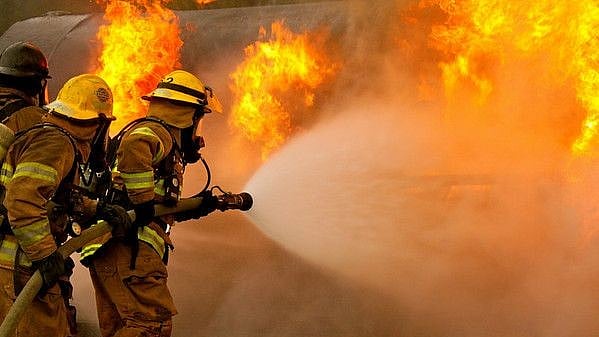Maharashtra has been hogging headlines owing to the spurt in coronavirus cases. The state government faces a huge challenge to contain the spread of the virus and restore normalcy. In an exclusive interview with the Free Press Journal, Public Health Minister Rajesh Tope explains the government strategy
Q: On a single day, Maharashtra crossed the 7,000 mark and in progressive Covid 19 cases, 2 lakh. How do you view these developments?
A: Surge in cases is an issue at present as the government has opened up economic activities. So, the cases are bound to increase but the focus is on reduction of the fatality rate which is 4.27%. Our stress is on following the ICMR protocol aggressively.
Mumbai is under control and Dharavi and other areas are now success stories mainly because of tracing, tracking, testing and treatment of Covid-19 patients. However, you can witness a rise in the number as patients from Thane and other adjoining areas of Mumbai Metropolitan Region are being directly admitted in the city hospitals. In these cities there is a spurt in cases as the district and local body administration have failed in proper tracing, tracking, testing and treatment. They have also not isolated patients as per protocol.
Q: Experts hint at a peak between July 15 and 31. Do you agree with their projection?
A: It is true the number of cases is rising. Mumbai will not see a peak, I don’t think so. But MMR as a whole comprising Thane and adjoining areas might see some more numbers in the coming days till July end but it will subside by the first week of August. This is my personal view.
The government has launched antigen and anti-body testing in Mumbai and rest of Maharashtra. The laboratory rates for testing have been reduced.
Q: Covid cases are on the rise in industrial belts; Jalgaon, Solapur and other districts are the new epicentres. How is the government tackling this issue?
A: It is a matter of serious concern but emphasis is on controlling the fatality rate. The local authorities have been delegated powers and in most of these districts they have imposed strict lockdown to break the chain to contain the virus.
Q: There is a shortage of Remdesivir vial in the market. How does the government want to address this issue?
A: The Public Health Department will soon issue a tender for the purchase of Remdesivir vials. It will be supplied to all districts. The drug will be priced between Rs 3500 and Rs 4500.
Q: Despite repeated calls there are complaints about overcharging by hospitals. What is your take?
A: The state government has delegated enough powers to local administration to take action in such cases. The government has come out with patient-centric and not pro-hospital policies. It is the duty of collectors and commissioners to strictly implement these policies so that patients benefit. They can file a first information report (FIR) against the hospitals managements and also recover the extra money from them.
I visited hospitals personally to send a strong signal that overcharging will not be tolerated and hospitals should strictly implement 80:20 bed formula (80 beds for Covid and non-Covid patients, repectively, at the capped rate and 20% beds for general patients with their own rates).
Mumbai has shown a good way. Designated officers are appointed and beds are allocated. I expect hospitals not to think of profit making but instead comply with the government notification during the present crisis.
Q: ICMR has abandoned its plan to launch Covaxin on August 15. What is your comment?
A: It is not a time to politicise the issue. Vaccine is a need of the hour. All stakeholders should work together so that vaccine is a reality.










